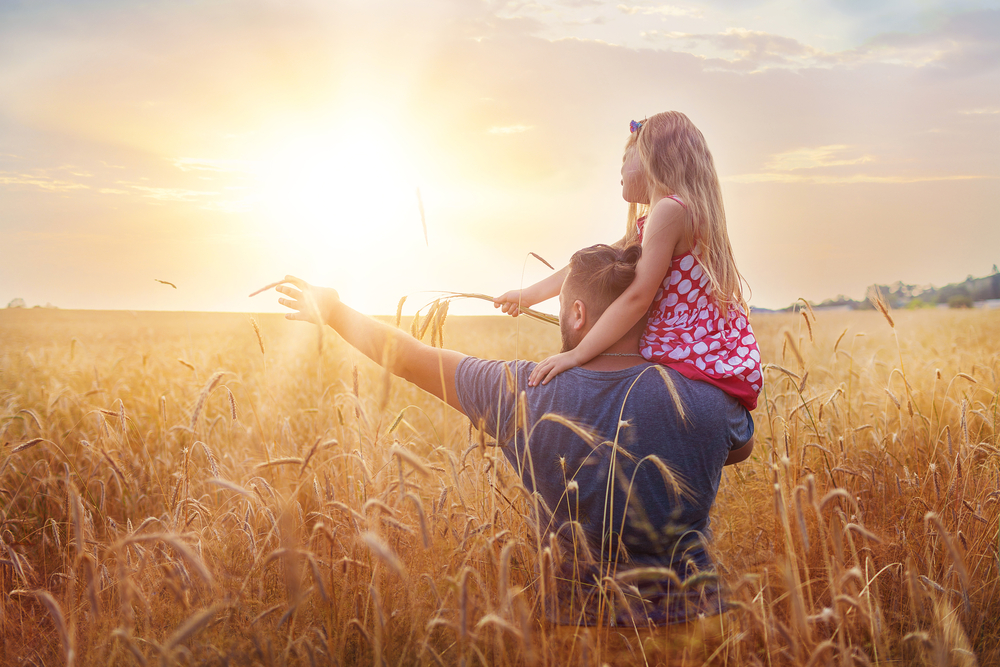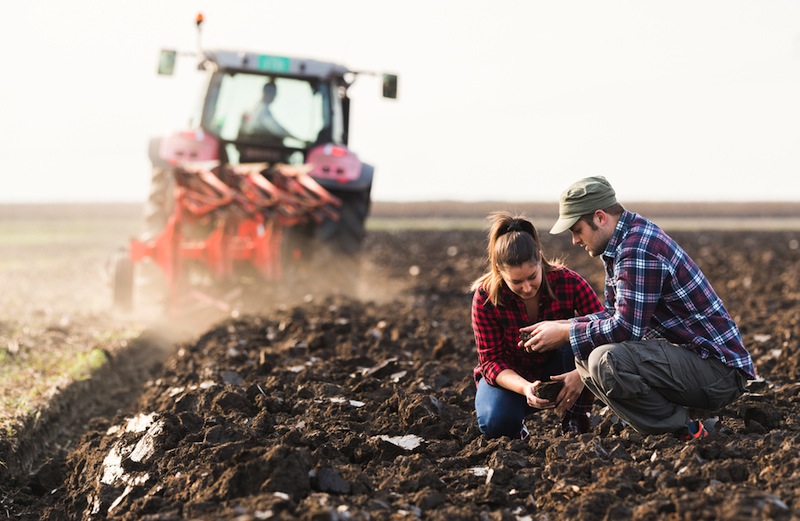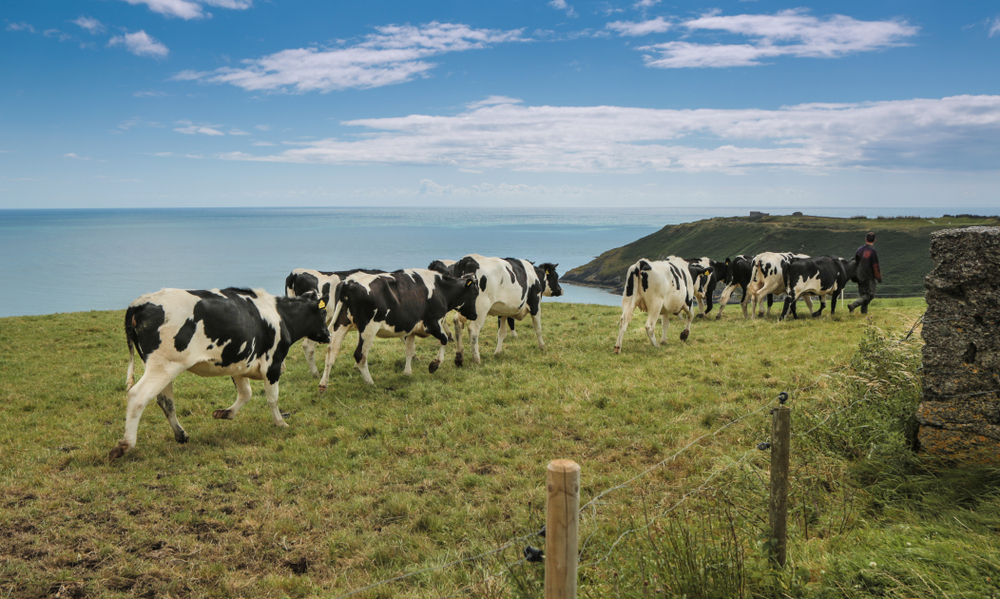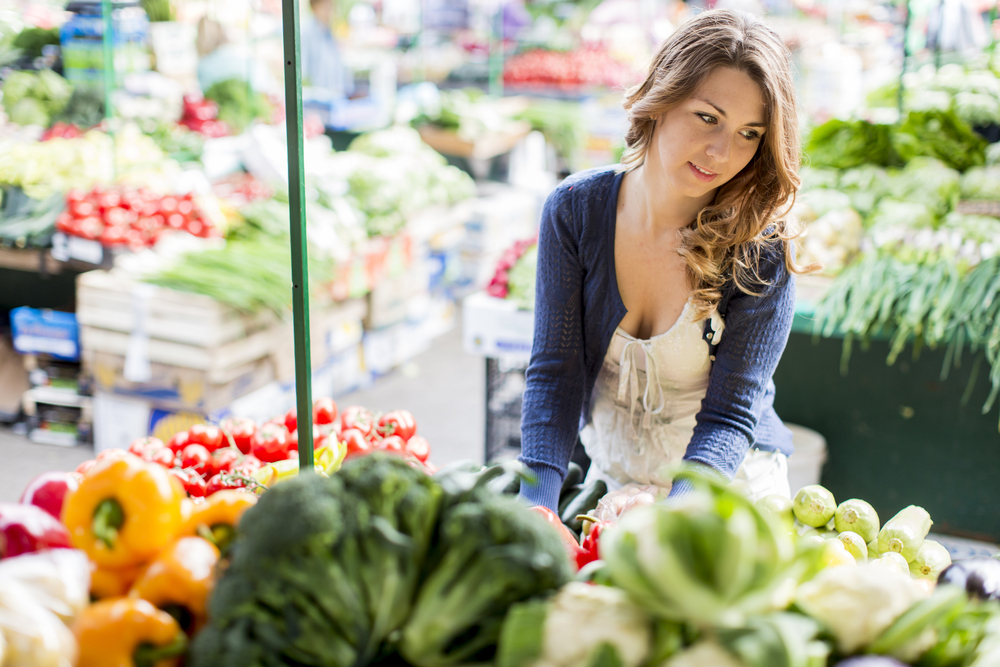John Commins started as a farmer and has since become an award-winning food producer.
In 2005, artisan farmer and food producer, John Commins began farming Piedmontese cattle, a breed mainly snow-white in colour and native to Italy, from his 120-acre family farm, located near Thurles in Co. Tipperary. He now supplies this award-winning high-end beef into supermarkets, restaurants and online across Ireland. Here, John talks about the journey he has travelled and his plans to grow the business into the future.
“The beef contains fewer calories and less cholesterol than chicken.”
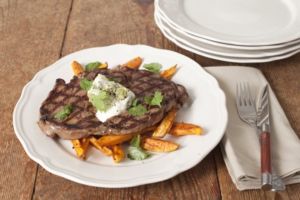
What is Irish Piedmontese beef?
Over a decade and a half ago, I travelled to Italy to source our initial breeding stock. Piedmontese are impressive cattle but what impressed me most was the eating quality of the meat – and the surprising fact that it contains fewer calories and less cholesterol than that of chicken. It also has the lowest fat percentage in the meat of any description, with even less fat than salmon or venison. The reason for this is due to a natural change that developed in the breed about 200 years ago. It’s down to a myostatin gene that all cattle have but with which Piedmontese beef are doubly endowed – a trait which has been refined by Italian cattle breeders over the years.
“I leased a unit, buying all of the equipment we needed and employed our own butcher to work for us.”
Why did you go into the food business?
At the time there was a very lucrative trade from Ireland to Italy for ‘E’ and ‘U’ grade lean type weanlings. Initially, we considered supplying our weanlings back to the Italian market, and although the Italians were very interested in buying them, we were unable to supply at the volumes required. From tasting, I knew it was fabulous meat and that there could possibly be a place for it in the Irish market. I then mulled over about marketing it myself, and that’s precisely what I did. I went to Tipperary Leader and later to the Local Enterprise office and over the years received huge support and assistance from both of them that has helped us grow and progress.
“The main benefit of setting up the food business is that we are more in control of our destiny.”
I started from scratch. I wasn’t a butcher per se, just a cattle farmer who knew next to nothing about cutting up meat. To minimise risk, we decided to contract out the slaughtering to an excellent local butcher. I eventually leased a unit, buying all of the equipment we needed and employed a butcher to work for us. Meanwhile, I have just built a facility in my own yard with cold rooms, cutting rooms and kitchen facilities, where after Christmas we will be able to do everything ourselves, aside from the slaughtering which will continue to be outsourced.
The main benefit of setting up the food business is that we are more in control of our destiny. It’s up to you to get up and get out there and sell your own meat and market it properly. Selling direct provides us with more flexibility than just selling into mainstream markets such as the mart or factory.
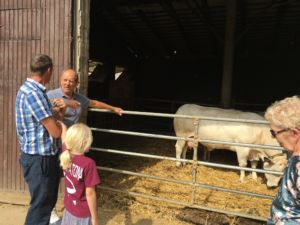
What were the biggest hurdles?
Our biggest hurdle was explaining our message to consumers about our beef being naturally low in fat. In Ireland, some people immediately think that ‘it might be low fat – but it might also have low flavour’. We probably assume correctly that you need fat for flavour – however, this breed is different. This breed doesn’t need fat to provide loads of character. So I think that was the biggest challenge starting off.
We began by attending a lot of high-end food fairs which proved hugely beneficial. We were able to give out samples to people, and once they have tasted it for themselves, their doubts disappeared. Very quickly we knew by the response from the people who ate the product – that this was a market we could grow.
“I really admire any woman who starts an enterprise on her own, taking on the world whether it’s successful or not.”
The plan?
The plan is that we are going to keep growing the business. We farm and produce high-end artisan beef charging a small premium at 10-15% above regular beef. We feel it deserves to be there – it’s unique, delicious and tender. Recently we won the best pastrami in the Blas na hEireann awards in Ireland for cooked pastrami which we sell into delicatessens. We’ve also been over to Italy on training courses with some excellent people that specialise in charcuterie. This is all in the pipeline when we open our own unit in the new year.
“We export produce to Scotland, and I am afraid that both the Irish and British economies may suffer.”
Who do you respect in business and why?
I admire all women in business, and although it is a sad reflection, I believe it is a lot tougher for women in business. In particular, I really admire any woman who starts an enterprise on her own, taking on the world whether it’s successful or not.
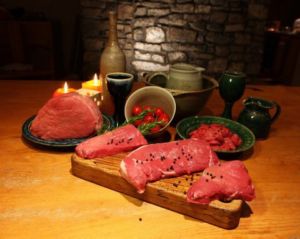
Your biggest worry?
Brexit wasn’t really a concern until lately, but as it draws closer, it has unfortunately become an increasing worry. We export some of our produce to Scotland, and I am afraid that both the Irish and British economies may suffer, and when an economy suffers, high-end products like ours can sometimes be the first to be taken off a shopping list.
“We have to make farming more sustainable for the world and its population.”
Can technology help Irish livestock farms become more profitable and sustainable?
I believe that technology can provide more efficient ways to grow crops and produce cattle in line with the environment. We have to make farming more sustainable for the world and its population – as climate change is unquestionably a threatening fact. I think that the answers are close at hand and a lot of people are actively involved in trying to find new technologies and solutions. Some of this technology will be successful and more of it won’t. It’s all evolving and moving at a faster pace than ever and undoubtedly the technology that is successful today is likely to be out of date in five years time.
For recipes please go to Irishpiedmontesebeef.ie.
Interview by Brendan Byrne.



